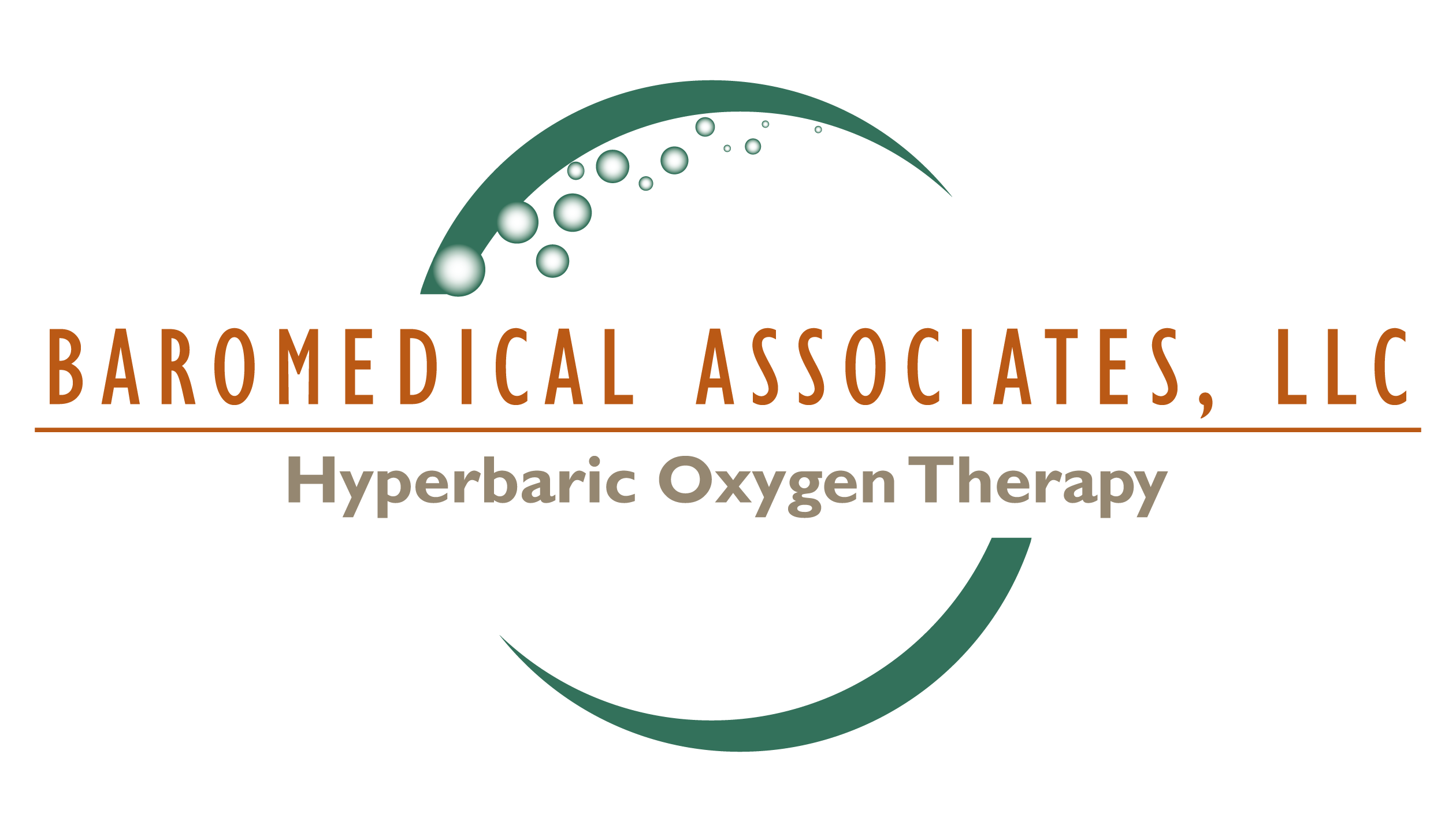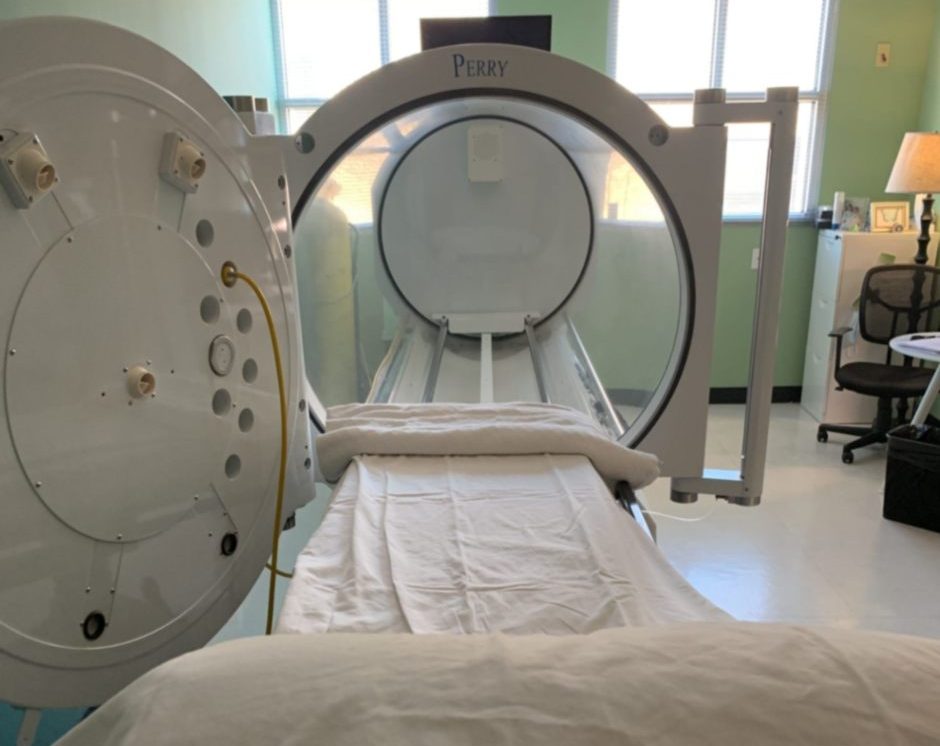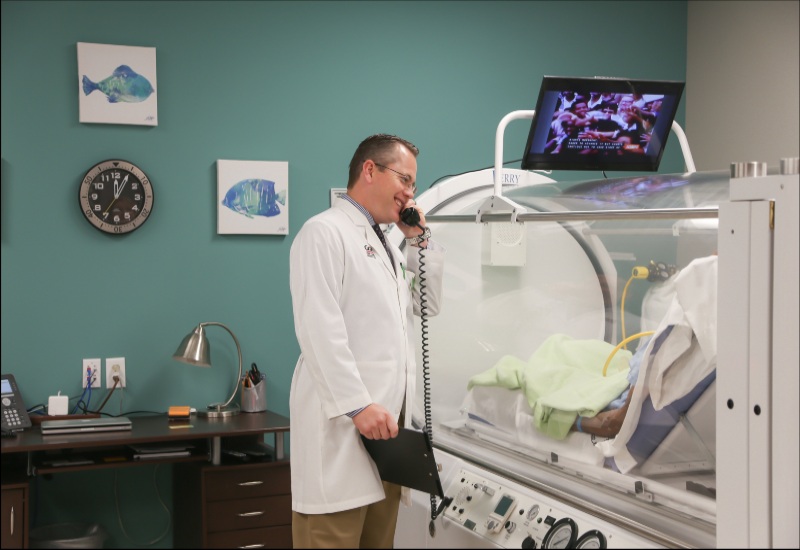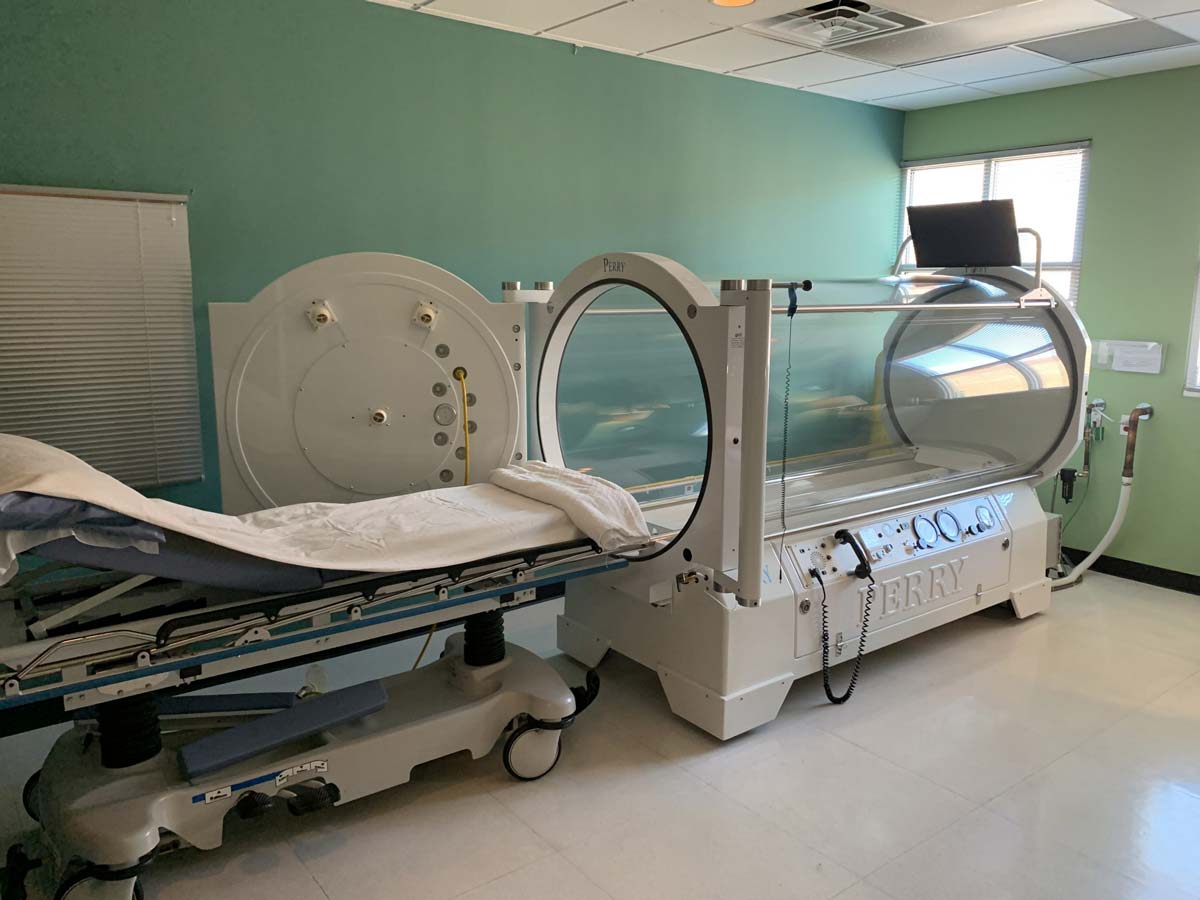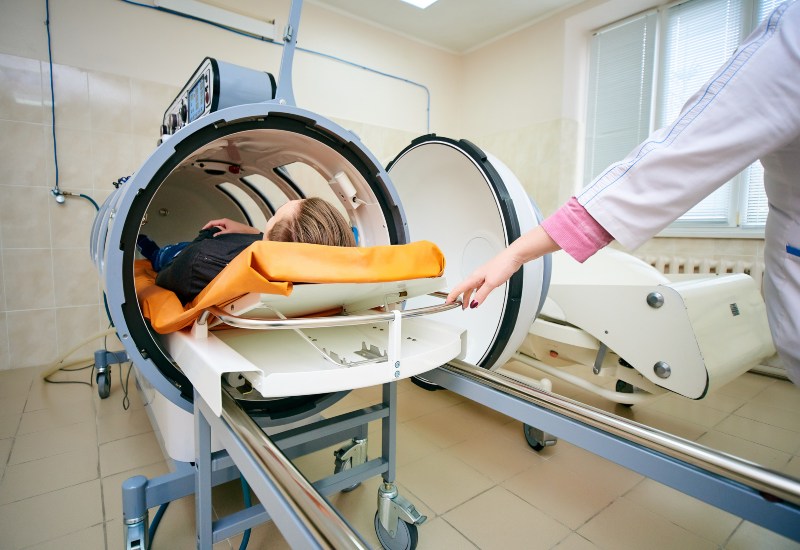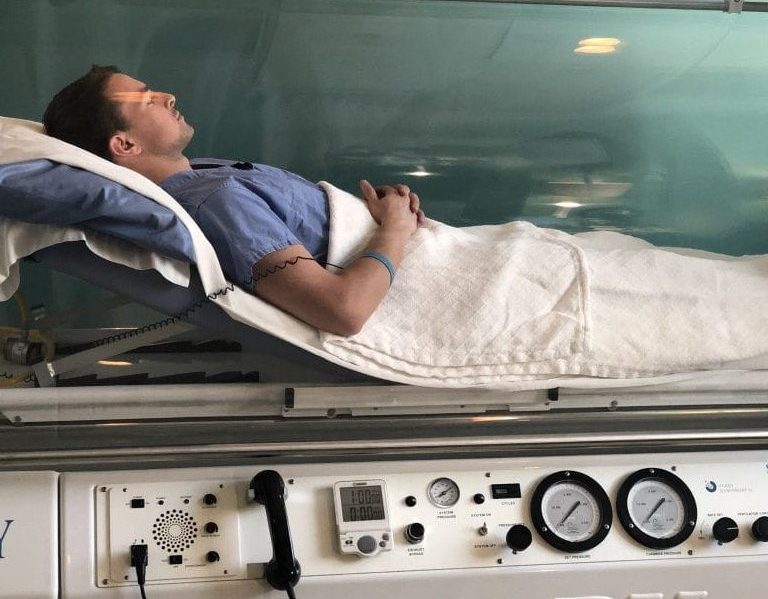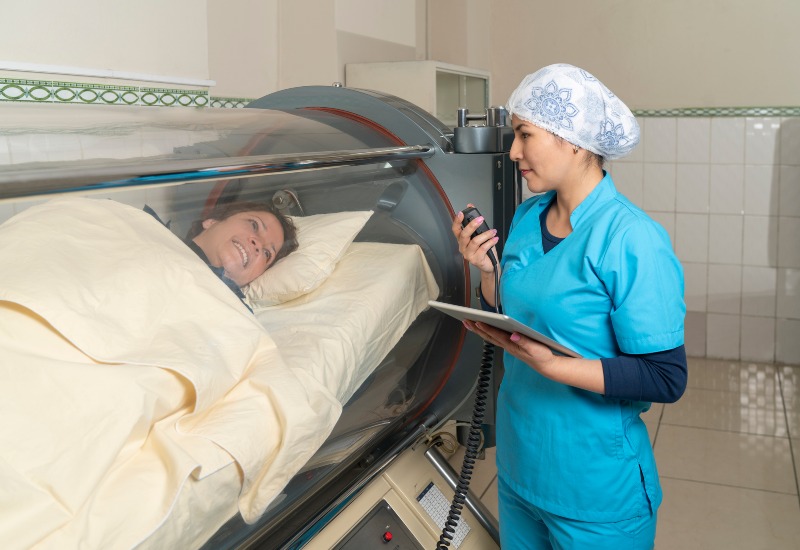Radiation therapy is an effective treatment for various cancers and related conditions, but it can take a toll on your body. If you’ve recently completed radiation or are preparing for it, you’re probably wondering how long it will take to start feeling like yourself again. Recovery time depends on the type of radiation you receive, your overall health, and how your body responds. You may be able to speed things up with hyperbaric oxygen therapy (HBOT) for radiation treatment.
Factors Affecting Recovery Time
Recovering from radiation therapy looks different for everyone. Some people bounce back quickly, while others take longer to regain energy and feel normal again. Consider the factors influencing recovery time to help you know what to expect.
- Type and location of treatment: Radiation is used to treat cancer, benign tumors, excessive scar tissue, and other conditions. The area being treated impacts the side effects and recovery time you experience.
- Radiation dose and duration: A short course of radiation might have mild side effects that fade quickly, while longer or more intense treatments can leave the body needing extra time to heal.
- Overall health and age: Younger, healthier individuals tend to recover faster than older adults with preexisting health conditions.
- Lifestyle factors: Diet, hydration, sleep, and physical activity impact how your body heals. Those who maintain a healthy lifestyle often recover more quickly than those who are dehydrated, poorly nourished, or sedentary.
Common Side Effects and Their Duration
Radiation therapy targets and destroys unhealthy cells, but it also affects healthy tissues. This can cause side effects, some of which resolve quickly, while others take longer to fade.
- Fatigue: Many people report feeling exhausted for weeks or months after treatment ends. Radiation fatigue makes even simple daily tasks feel overwhelming.
- Skin changes: Radiation causes skin in the treated area to become red, dry, or irritated. This irritation usually peaks about a week after the final treatment and starts improving within two to four weeks. However, some people may experience long-term sensitivity.
- Hair loss: Radiation therapy may cause hair in the treatment area to fall out. This is most concerning if you receive radiation to the scalp or face. In many cases, hair begins growing back within a few months, but sometimes, regrowth takes longer or is never the same again.
- Appetite changes and digestive issues: Radiation affects the digestive system, causing nausea, loss of appetite, or bowel changes. These effects usually improve within a few weeks after treatment, but some people experience lingering discomfort.
- Late radiation tissue injury: Radiation reduces blood flow to tissues and blood vessels in treated areas, leading to chronic pain, swelling, and poor wound healing months or even years after treatment. This is called late radiation tissue injury, and it’s just one of several long-term or late-occurring side effects radiation can cause.
The Role of Hyperbaric Oxygen Therapy in Recovery
For many, radiation treatment recovery occurs naturally, with side effects fading over time. But when radiation injury occurs, recovery can be more complicated. This is where hyperbaric oxygen therapy can make a difference.
How HBOT Works
While hyperbaric oxygen therapy helps people recover from the effects of radiation treatment, and in most cases is covered by insurance. HBOT involves breathing pure oxygen in a pressurized chamber, daily as prescribed by the HBOT physician. This process delivers high doses of oxygen to damaged tissues, stimulating new blood vessel growth, reducing inflammation, and accelerating the body’s natural healing process.
Hyperbaric oxygen therapy is commonly and effectively used for treating the following1:
- Radiation-induced soft tissue damage
- Radiation-induced bone damage
- Radiation injury to the lower bowel
- Delayed wound healing due to radiation
- Chronic pain or swelling from radiation therapy
Tips for Managing Radiation Treatment Recovery
You can support recovery and speed up healing in several ways.
- Listen to your body: Healing takes time, so don’t push yourself too hard. Rest when you need to, and don’t feel guilty about taking breaks.
- Stay active (within reason): Light activity, like short walks or gentle stretching, combats fatigue and improves circulation. Just don’t overdo it—listen to how your body responds and back off if necessary.
- Eat healthy food: Proper nutrition helps your body repair itself. Eat foods rich in vitamins, minerals, and protein to support healing. If you’re struggling with poor appetite, try smaller, more frequent meals.
- Rehydrate: Radiation is dehydrating, so drinking more water than usual may aid in your recovery. Keep a water bottle with you and drink from it regularly to flush out toxins and support tissue repair.
- Take care of your skin: If your skin was exposed to radiation, keep it clean and moisturized. Avoid harsh soaps, hot showers, and direct sunlight on the treated area.
- Seek support: Radiation recovery isn’t just physical—it can be emotionally challenging, too. Talk to your friends, join a support group, or seek counseling to help you cope.
- Communicate with your healthcare team: If you experience lingering or worsening side effects, let your doctor know. They can suggest personalized ways to manage symptoms and recommend treatments like HBOT to assist recovery.
HBOT Supports Your Radiation Treatment Recovery
Baromedical Associates helps patients heal from the effects of radiation treatment with advanced hyperbaric oxygen therapy. Our large clear FDA-approved, single-person hyperbaric chambers provide a comfortable and effective treatment experience. Patients from around the world visit our four locations in the Dallas Metro area to receive care from our experienced team. If you’re struggling with the effects of radiation therapy, contact us today to learn more about hyperbaric treatment for radiation damage.
References:
